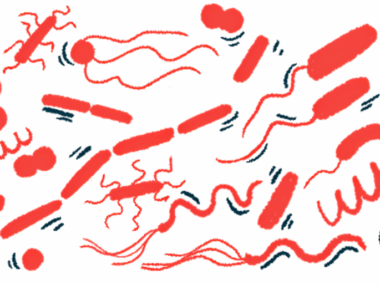Inbrain Raises $16.8M to Advance ‘Intelligent’ Neurostimulator for Parkinson’s
Written by |

Inbrain Neuroelectronics has raised $16.8 million in Series A financing to support moving into clinical testing a new neuromodulation device that uses computer learning to treat Parkinson’s disease and epilepsy.
Electrodes for this next-generation neurostimulator are also based on graphene, a single layer of tightly bound carbon atoms that allows for an extremely thin and strong material. Graphene is 100 times stronger than the equivalent thickness of steel, the company reports in a press release, and has unique electrical and thermal conduction properties.
Money raised is intended to help Inbrain test the safety of its graphene neuromodulation device in people.
Brain implants delivering electrical impulses are used to help ease tremors in Parkinson’s patients. However, these devices are often large and based on metals, which can restrict the electrical signal’s resolution to limit their therapeutic effectiveness.
Metals used, like platinum and iridium, can also carry side effects that lead patients to stop this therapy, the company states.
Inbrain’s neural system is less invasive, and uses artificial intelligence (computer learning) “to read and modulate brain activity … and trigger adaptive responses to obtain optimal results” in personalized treatment approaches, Inbrain states in a separate release.
Its “intelligent” brain implants are based on graphene electrodes, allowing them to be extremely small — what the company calls “nanoscale fabrication.”
“Less invasive and more intelligent neuroelectronic technologies like ours could provide safer therapies that are upgradable and adaptive in real time, to empower these patients and improve the outcomes that matter to them,” said Carolina Aguilar, co-founder and CEO of Inbrain Neuroelectronics, based in Spain.
“Graphene technology has matured and is ready for the next challenge. This investment is an important stepping stone toward our goal of transforming the way neurological disorders are treated,” added Jose Garrido, co-founder and the company’s chief scientific officer.
The financing round was co-led by Asabys Partners and Alta Life Sciences, with the support of investors that included Vsquared Ventures and TruVenturo. Funding also came from the Spanish Ministry of Science’s Centre for Development of Industrial Technology and the Institut Català de Finances’ ICF Venture Tech II fund.


